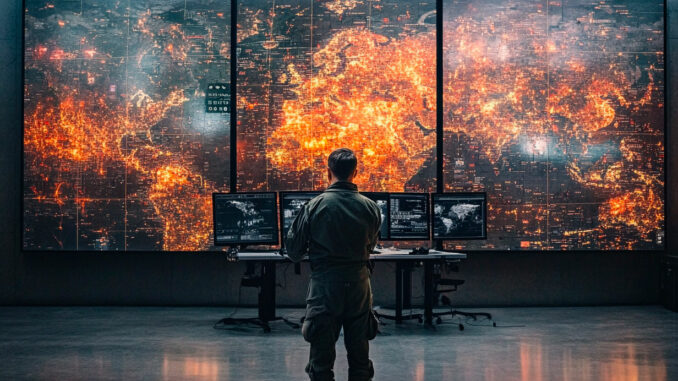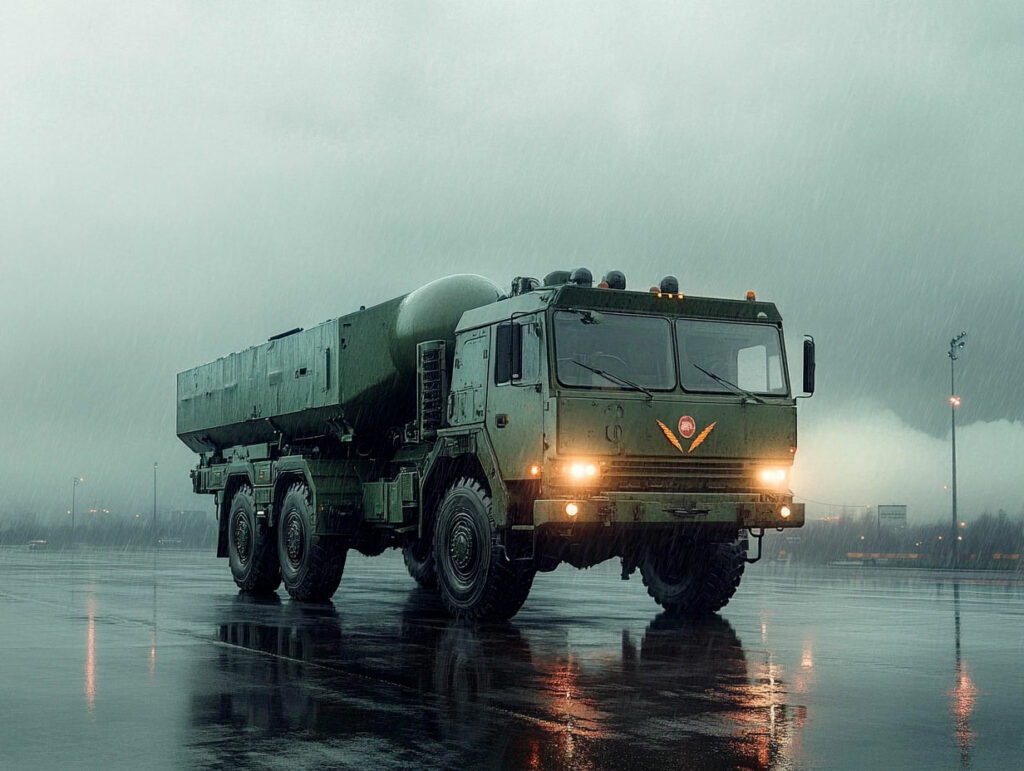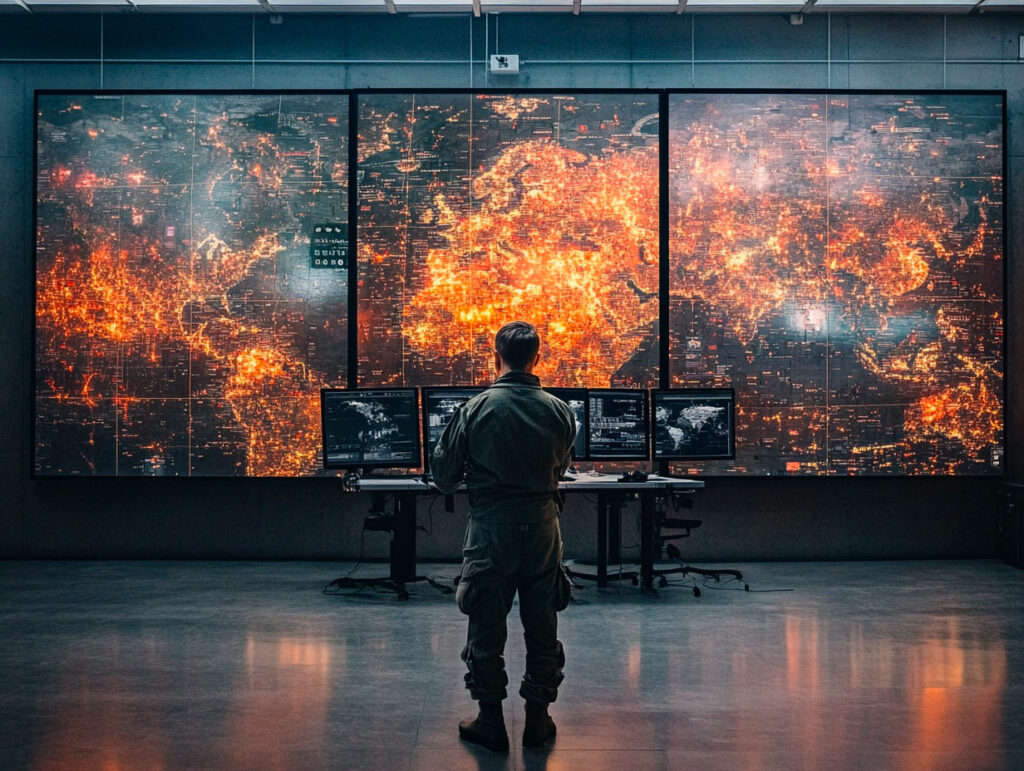
Sergei Shoigu raises the possibility of Russia resuming nuclear testing, depending on US actions.
On April 24, 2025, Sergei Shoigu, secretary of the Russian Security Council, said that Russia could resume nuclear testing if the United States did the same. This announcement comes amid the modernization of both countries’ nuclear arsenals. Russia has not conducted a nuclear test since 1990, but recent activity at the Novaya Zemlya site suggests potential preparations. At the same time, the United States is investing heavily in modernizing its arsenal, with a planned budget of $946 billion by 2034. These developments raise concerns about a new nuclear arms race.
Sergei Shoigu’s statement: a strategic warning
On April 24, 2025, Sergei Shoigu indicated that Russia could resume nuclear testing if the United States did the same. He pointed out that the service life of some US nuclear weapons was coming to an end and that the development of new weapons systems could prompt Washington to conduct nuclear tests. In that case, Russia could take reciprocal measures.
Shoigu said that the Russian Defense Ministry and the state atomic energy company were ready for such an eventuality. He also pointed out that Russia had recently deployed several modernized strategic weapons systems, significantly strengthening the country’s military capabilities. However, he said that at present, Moscow saw no urgent need to conduct nuclear tests.

The Novaya Zemlya test site: a reactivated Soviet legacy
Russia’s last nuclear test was carried out by the Soviet Union on October 24, 1990, in Novaya Zemlya. Since then, Russia has maintained a unilateral moratorium on nuclear testing.
However, recent satellite images show increased activity at the Novaya Zemlya site, suggesting that Russia may be preparing to resume nuclear testing.
In November 2023, Russia withdrew its ratification of the Comprehensive Nuclear-Test-Ban Treaty (CTBT), aligning its position with that of the United States and China, which have signed but not ratified the treaty.
Modernization of nuclear arsenals: a renewed arms race
The US plans to spend $946 billion (approximately €870 billion) between 2025 and 2034 to modernize its nuclear forces. This budget covers the development of new intercontinental ballistic missiles, the modernization of nuclear command and control systems, and the upgrading of production facilities.
Among the major projects is the LGM-35 Sentinel intercontinental ballistic missile, intended to replace the Minuteman III. The cost of the program has increased by 37% to $140.9 billion (approximately €130 billion), with deployment planned from 2030.
Russia, for its part, continues to modernize its nuclear arsenal with systems such as the Avangard hypersonic missile and the RS-28 Sarmat intercontinental ballistic missile. These developments strengthen Moscow’s strategic capabilities and fuel tensions with the West.

Geopolitical consequences: toward increased instability
The prospect of Russia and the US resuming nuclear testing could have major consequences for global stability. It could prompt other nuclear powers, such as China, to step up their own programs, thereby increasing the risk of nuclear proliferation.
Furthermore, the end of the moratorium on nuclear testing could undermine disarmament efforts and weaken existing international treaties, such as the CTBT and the Treaty on the Non-Proliferation of Nuclear Weapons (NPT).
Finally, the resumption of nuclear testing could exacerbate tensions between major powers, increasing the risk of armed conflict and nuclear confrontation.
The need for renewed dialogue
In light of these worrying developments, it is imperative that the United States and Russia resume dialogue on nuclear arms control. Extending the New START treaty, which expires in 2026, and restarting negotiations on the CTBT could help reduce tensions and prevent a new arms race.
In addition, the international community must strengthen verification and transparency mechanisms to ensure compliance with nuclear non-proliferation and disarmament commitments.
War Wings Daily is an independant magazine.